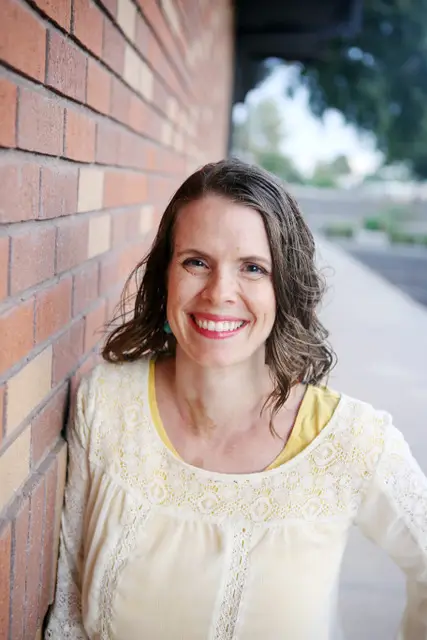Get the Support You Deserve
Raising a neurodivergent child is complex — but you don’t have to do it alone.
Join the free Beautifully Complex Community Hub and get access to expert guidance, real-talk parenting tools, and a village that actually gets it.
- Free mini-course
- Private discussion boards
- Podcasts, resources & summits
Let’s help your child thrive, without losing yourself in the process.








Assuming the best from your children is key. It doesn't hurt anyone if you're wrong, and the benefits positively affect everyone.
🙌